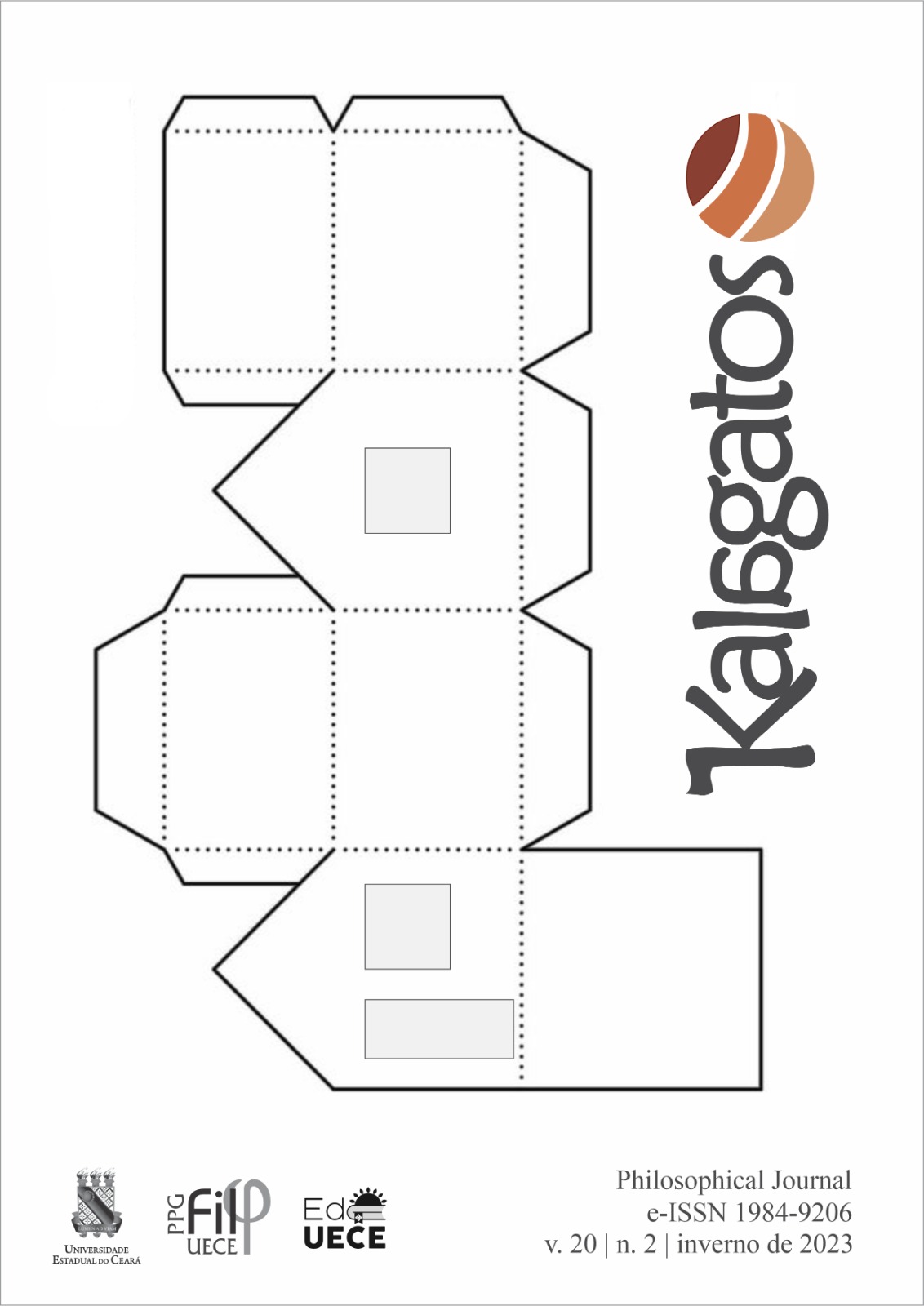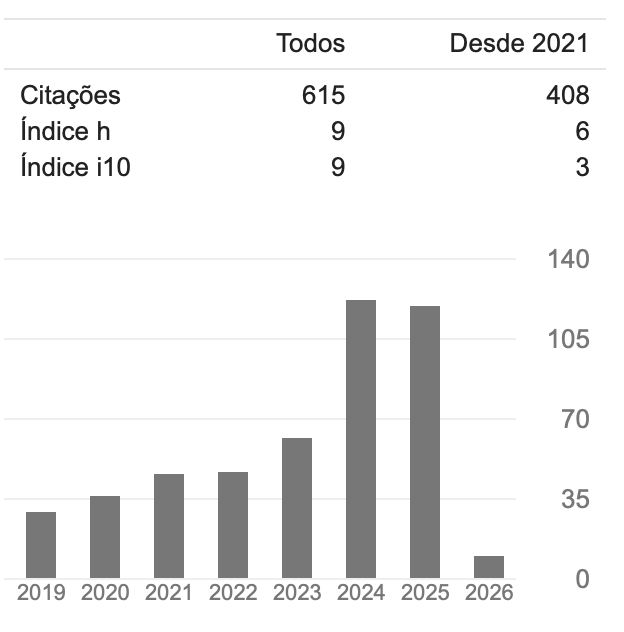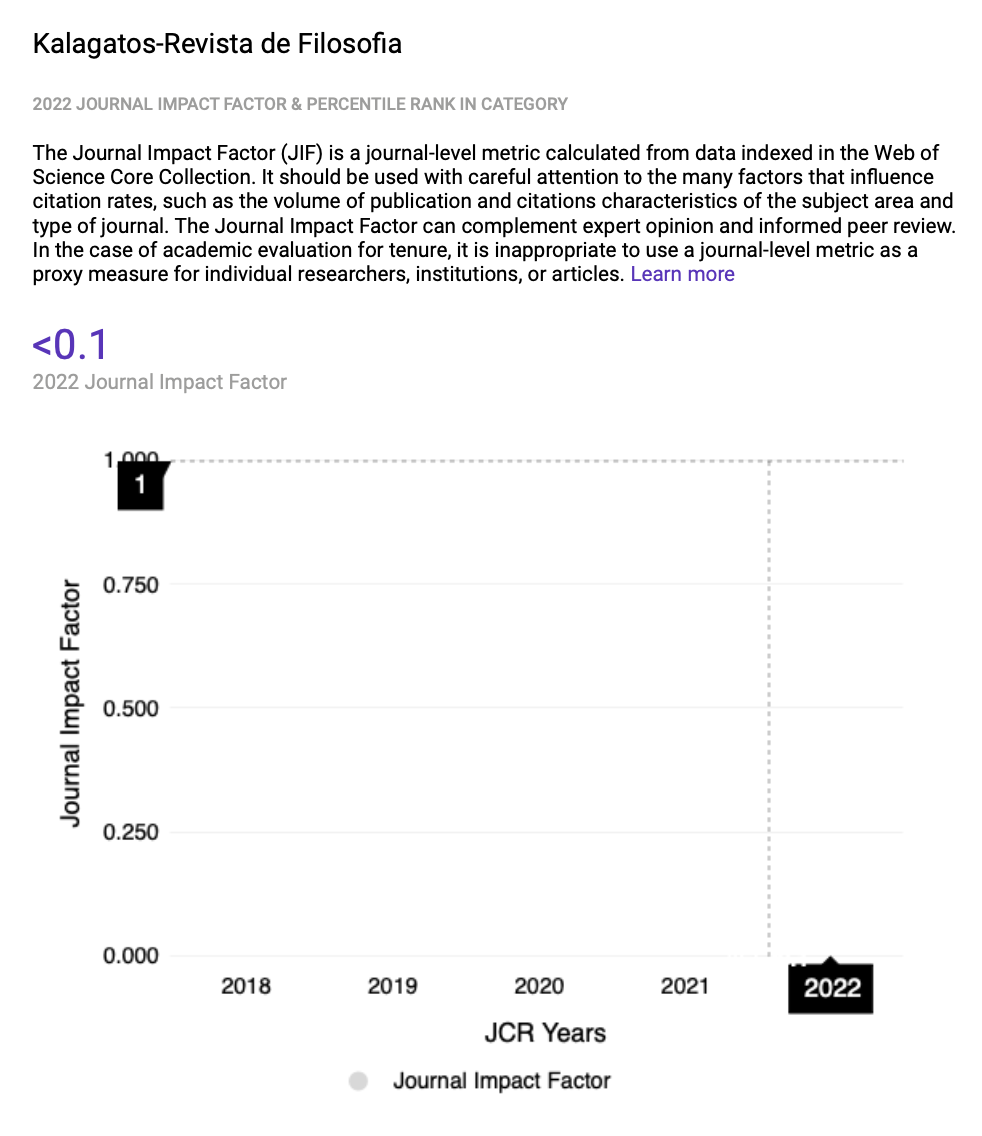Renaissance humanism through William Shakeaspere's Hamlet
Palavras-chave:
Hamlet, Renaissance Era, Humanism, William ShakespeareResumo
The article focuses on a philosophical issue of the Renaissance humanism in William Shakespeare's Hamlet. The humanist tradition originated in Greece with the famous statement “Of all things man is the measure” (Protagoras of Abdera, 485-415 BCE), but it was not until the Renaissance that it reached its peak and became a doctrine. The article focuses on the humanism of the Renaissance, with its glorification of the image of the "giant man," which is mainly expressed in the work of William Shakespeare. By pointing out the nature of Renaissance humanism, the article emphasizes Hamlet's play as a typical work of Renaissance humanism.
Downloads
Referências
ALLEN, Elizabeth Cheresh. Unmasking Lermontov's "Masquerade": Romanticism as Ideology. The Slavic and East European Journal, v. 46, n. 1, p. 75-97, 2002. https://doi.org/10.2307/3086232.
BLOOM, Harold. Shakespeare: The Invention of the Human. New York: Riverhood Brooks, 1998.
BURKE, Peter. The renaissance. 2nd ed. London: Bloomsbury Publishing, 1997.
BURKE, Peter; CLOSSEY, Luke; FERNÁNDEZ-ARMESTO, Felipe. The Global Renaissance. Journal of World History, v. 28, n. 1, p. 1-30, 2017.
CAVANAGH, Sheila T. “Denmark is A Prison”: Hamlet for Inclusive and Incarcerated Audiences. In: LOFTIS, Sonya Freeman; KELLAR, Allison and ULEVICH, Lisa. Shakespeare’s Hamlet in an Era of Textual Exhaustion. London: Routledge, p. 101-118, 2017. https://doi.org/10.4324/9781315265537.
CHAMBERS, E. K. . William Shakespeare: A Study of Facts and Problems. Oxford: Clarendon Press, 1930.
DO, Van Khang. Art Studies. Hanoi: National University Publishing House, 2001.
HADFIELD, Andrew. Shakespeare and Renaissance politics. London: Thomson Learning, 2003.
HAMILTON, James R. Philosophy of Theater. Stanford Encyclopedia of Philosophy. Available at: <https://plato.stanford.edu/entries/theater/>. Accessed on Sep 24th. 2022.
KNOWLES, Ronald. Hamlet and Counter-Humanism. Renaissance Quarterly, v. 52 n. 4, p. 1046–69, 1999. https://doi.org/10.2307/2901835.
MACCARY, W. Thomas. Hamlet - A Guide to the Play. Westport, CT: Greenwood Press, 1998.
MARX, Karl; ENGELS, Friedrich. Complete works. Hanoi: National Political Publishing House, 1995a.
MARX, Karl; ENGELS, Friedrich. Complete works. Hanoi: National Political Publishing House, 1995b.
MONFASANI, John. Renaissance Humanism, from the Middle Ages to Modern Times. London: Routledge, 2016. https://doi.org/10.4324/9781315244556.
RASPA, Anthony. Shakespeare the Renaissance Humanist: Moral Philosophy and His Plays. New York: Palgrave Macmillan 2016. https://doi.org/10.1057/9781137580160.
ROWSE, A. L. . William Shakespeare: A Biography. New York: Barnes & Noble Books, 1995.
SHAKESPEARE, William. Hamlet - Prince of Denmark. Edited by EDWARDS, Philip. New York: Cambridge University Press, 2003.
SHAKESPEARE, William. Hamlet. Edited by THOMPSON, Ann and TAYLOR, Neil. London: Bloomsbury Publishing Plc, 2016.
SHAKESPEARE, William. Hamlet - Prince of Denmark. Edited by HIRSCHFELD, Heather and EDWARDS, Philip, 3rd ed. Cambridge: Cambridge University Press, 2019. https://doi.org/10.1017/9781316594117.
WELSH, Alexander. Chapter Two. Hamlet’s Mourning and Revenge Tragedy. In: Hamlet in His Modern Guises. Princeton: Princeton University Press, p. 26-70, 2001. https://doi.org/10.1515/9781400824120-003.
WILSON, J. Dover. The Essential Shakespeare: A Biographical Adventure. Cambridge: Cambridge University Press, 1932.
Downloads
Publicado
Como Citar
Edição
Seção
Licença
Copyright (c) 2023 Trang Do

Este trabalho está licenciado sob uma licença Creative Commons Attribution 4.0 International License.



















